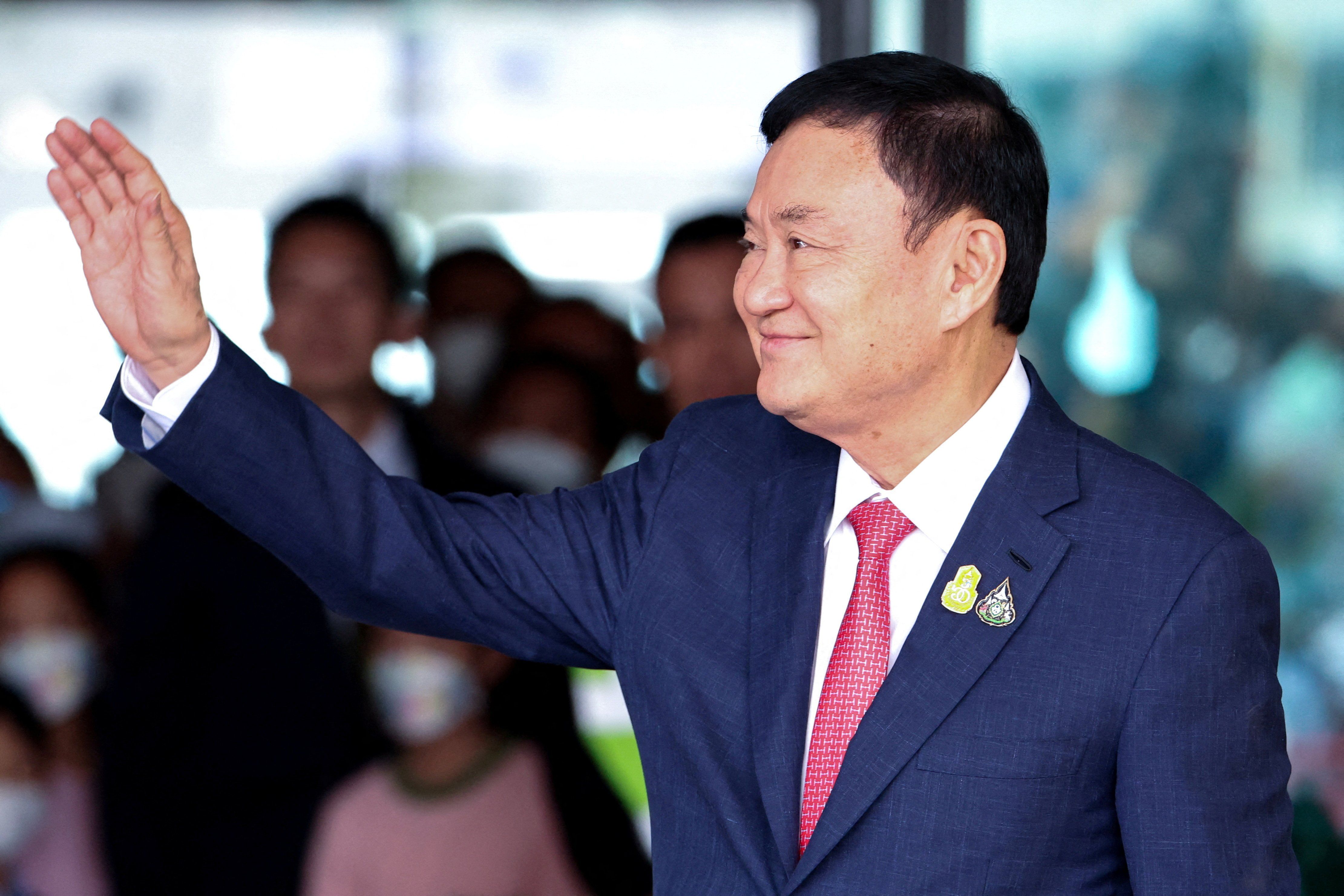August 31, 2023
Thailand’s billionaire former PM Thaksin Shinawatra has appealed to the country’s king for a pardon just days after being jailed upon his highly anticipated return to the country.
The background: In the early 2000s, Thaksin struck a populist chord to win a slew of elections, and was PM until he was ousted in a 2006 military coup that drove him into exile. Last week, he returned home for the first time since then, only to be jailed on charges of corruption and abuse of power.
The timing: It’s fishy for sure. Thaksin’s return came just as the Pheu Thai Party he founded did a once-unthinkable thing: after recent elections, the party agreed to lead a coalition that includes pro-military parties that were once Thaksin’s bitter enemies. The decision effectively shut out the progressive Move Forward Party, which actually won the elections on a groundswell of youth support.
The speculation: Did Pheu Thai do a deal with the military junta in which it buried the hatchet in exchange for Thaksin’s return and pardon? Keep a close eye on what happens in the next few days. The king has a decision to make, and millions of Move Forward supporters may yet show their anger on the streets. If he’s denied the pardon, he will need to wait two years, presumably in jail, before asking again.
More For You
Bad Bunny during the Super Bowl LX halftime show press conference at Moscone Center.
Kirby Lee-Imagn Images
100 million: The number of people expected to watch the Super Bowl halftime performance with Bad Bunny, the Puerto Rican superstar and newly minted Album of the Year winner at the Grammys.
Most Popular
Think you know what's going on around the world? Here's your chance to prove it.
- YouTube
An imminent US airstrike on iran is not only possible, it's probable.
Americans are moving less — and renting more. Cooling migration and rising vacancy rates, especially across the Sunbelt, have flattened rent growth and given renters new leverage. For many lower-income households, that relief is beginning to show up in discretionary spending. Explore what's changing in US housing by subscribing to Bank of America Institute.
© 2025 GZERO Media. All Rights Reserved | A Eurasia Group media company.
